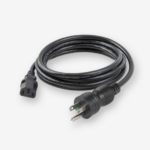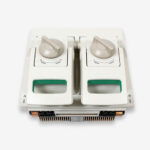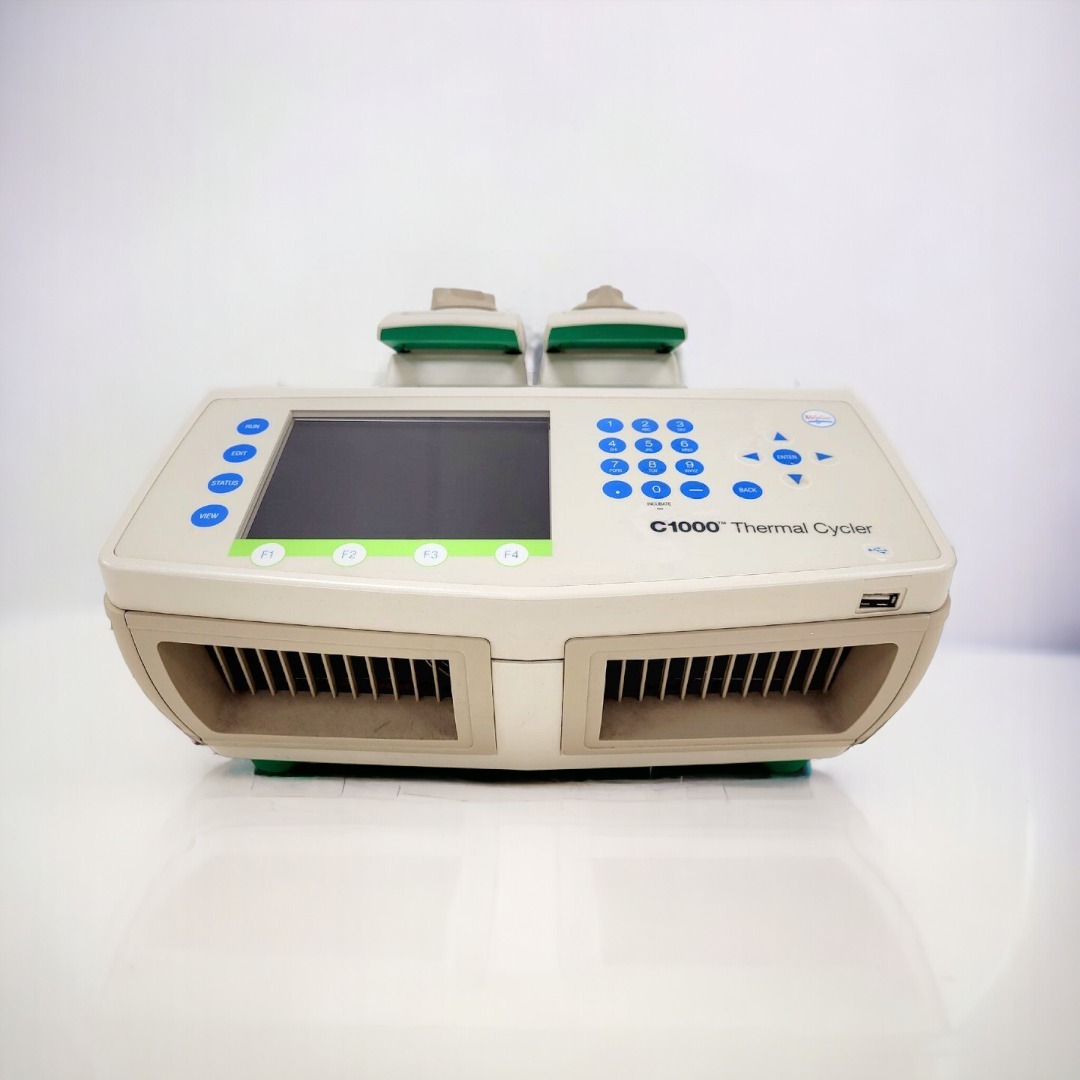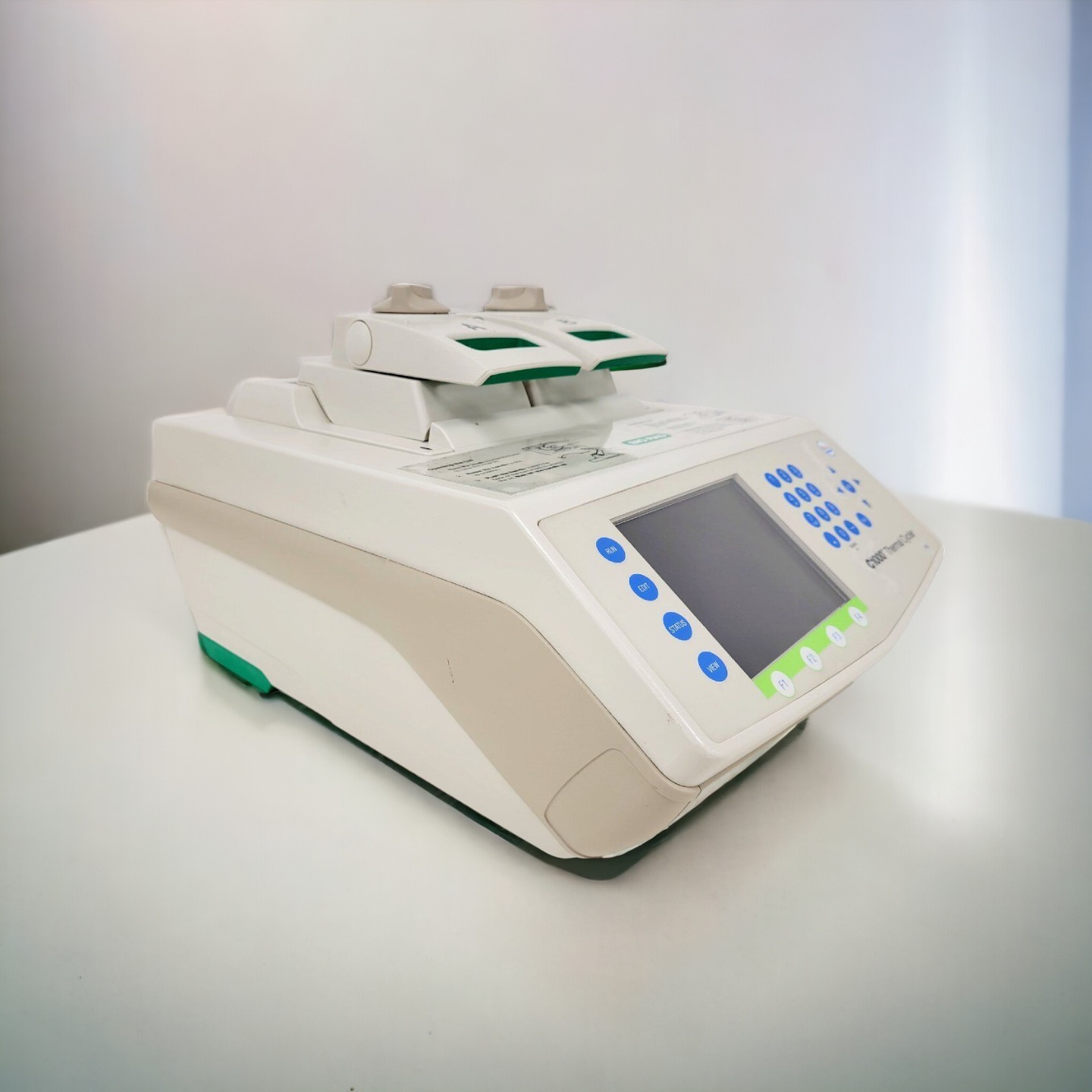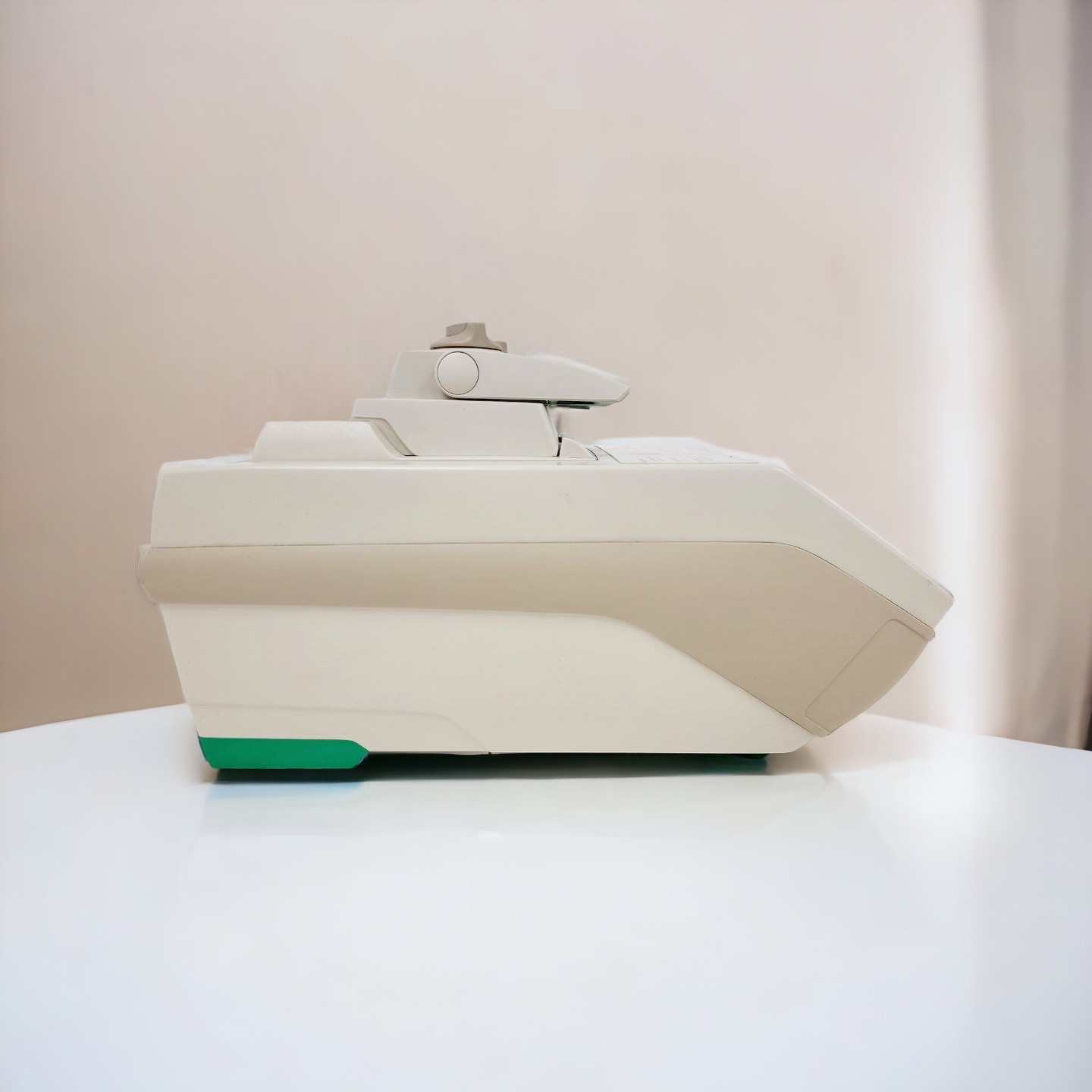Description

Its Purpose:
The Bio-Rad C1000 Thermal Cycler (Dual 48-well) is a laboratory instrument used for polymerase chain reaction (PCR), a technique that amplifies DNA. The purpose of the Bio-Rad C1000 Thermal Cycler is to provide precise temperature control for the various steps involved in the PCR process.
Acme’s Summary:
Overall, the Bio-Rad C1000 Thermal Cycler is a versatile and efficient tool for molecular biology research, offering reliable temperature control and accommodating the needs of diverse PCR applications in a laboratory setting.
Top 3 Competitors
- Thermo Fisher Scientific: Applied Biosystems GeneAmp PCR Systems.
- Eppendorf: Eppendorf Mastercycler series.
- Qiagen: QIAquant Thermal Cycler.
5 Best Things:
- DNA Denaturation: The thermal cycler heats the reaction mixture to a high temperature, causing the DNA to denature or separate into single strands.
- Primer Annealing: After denaturation, the temperature is lowered to allow primers to anneal or bind to the complementary sequences on the single-stranded DNA.
- DNA Extension: The temperature is raised again to facilitate DNA polymerase-mediated extension, during which new DNA strands are synthesized using the primers as templates.
- Amplification of Target DNA: The repeated cycling through denaturation, primer annealing, and DNA extension steps leads to the exponential amplification of the target DNA.
- Multiplex PCR: The instrument’s dual 48-well capacity allows for running multiple PCR reactions simultaneously, increasing throughput and efficiency.
